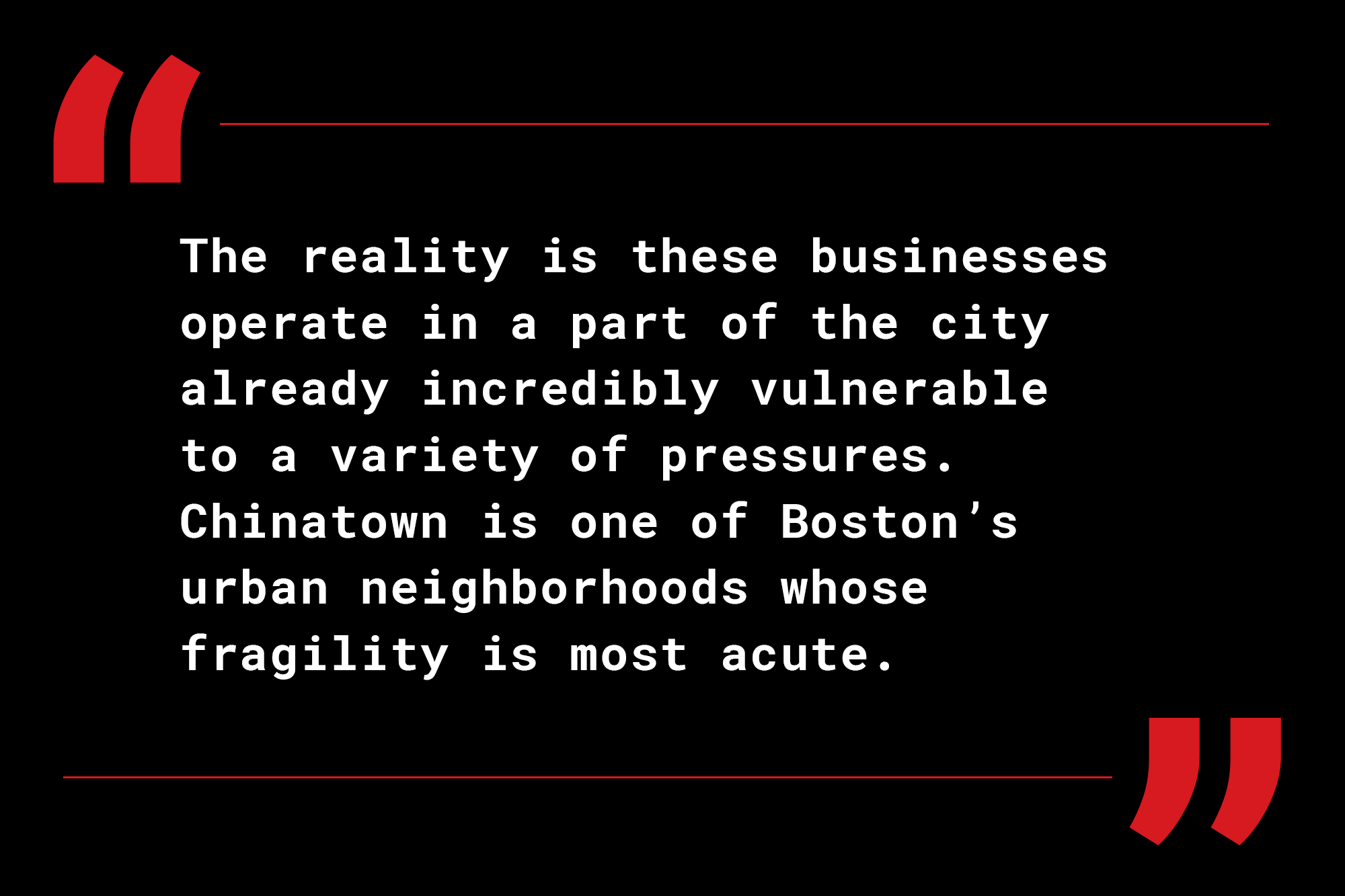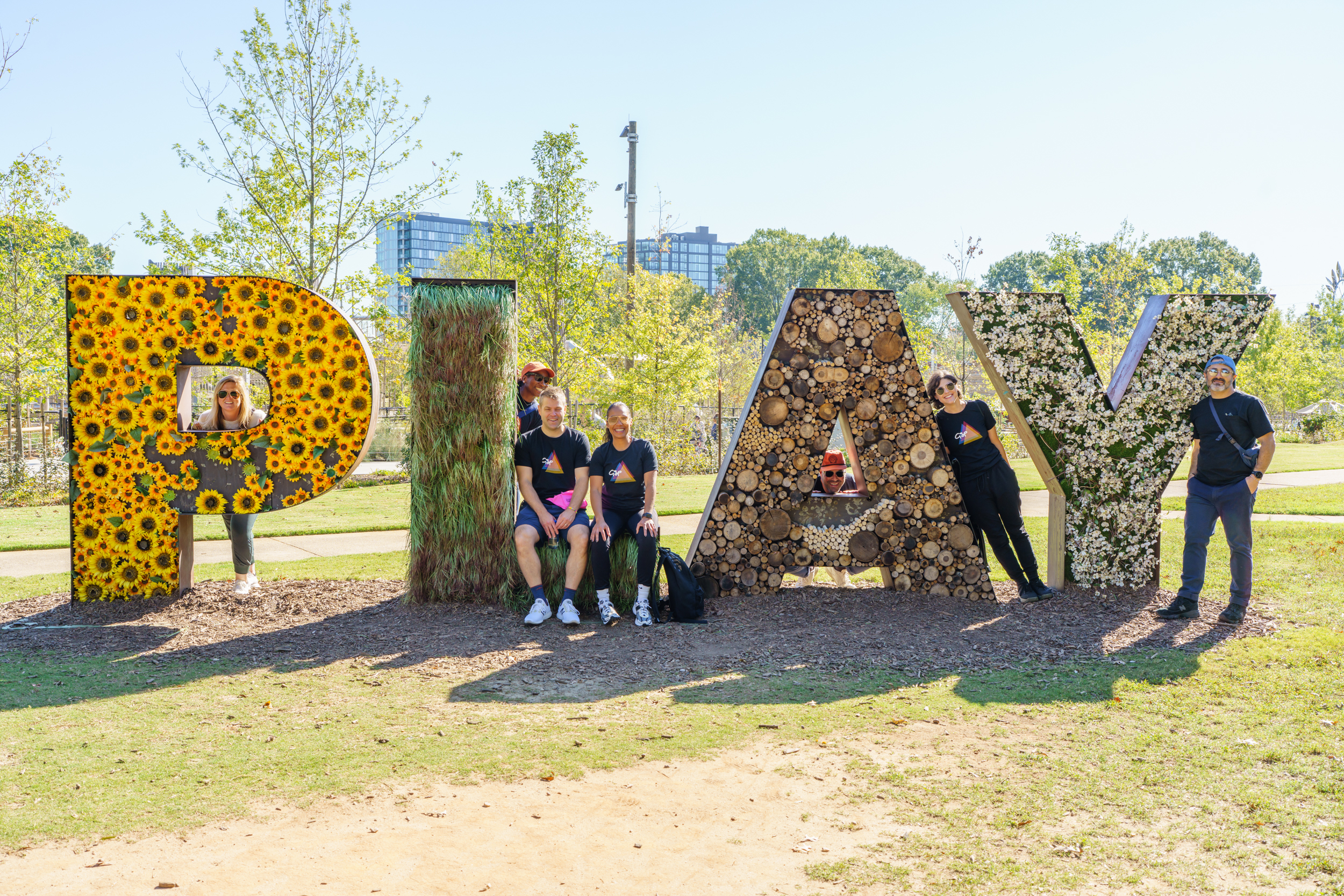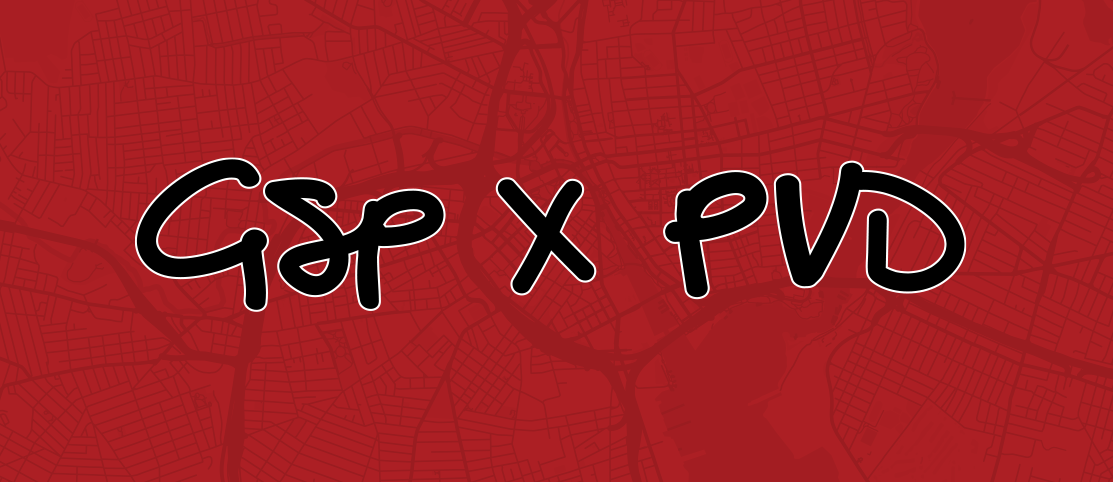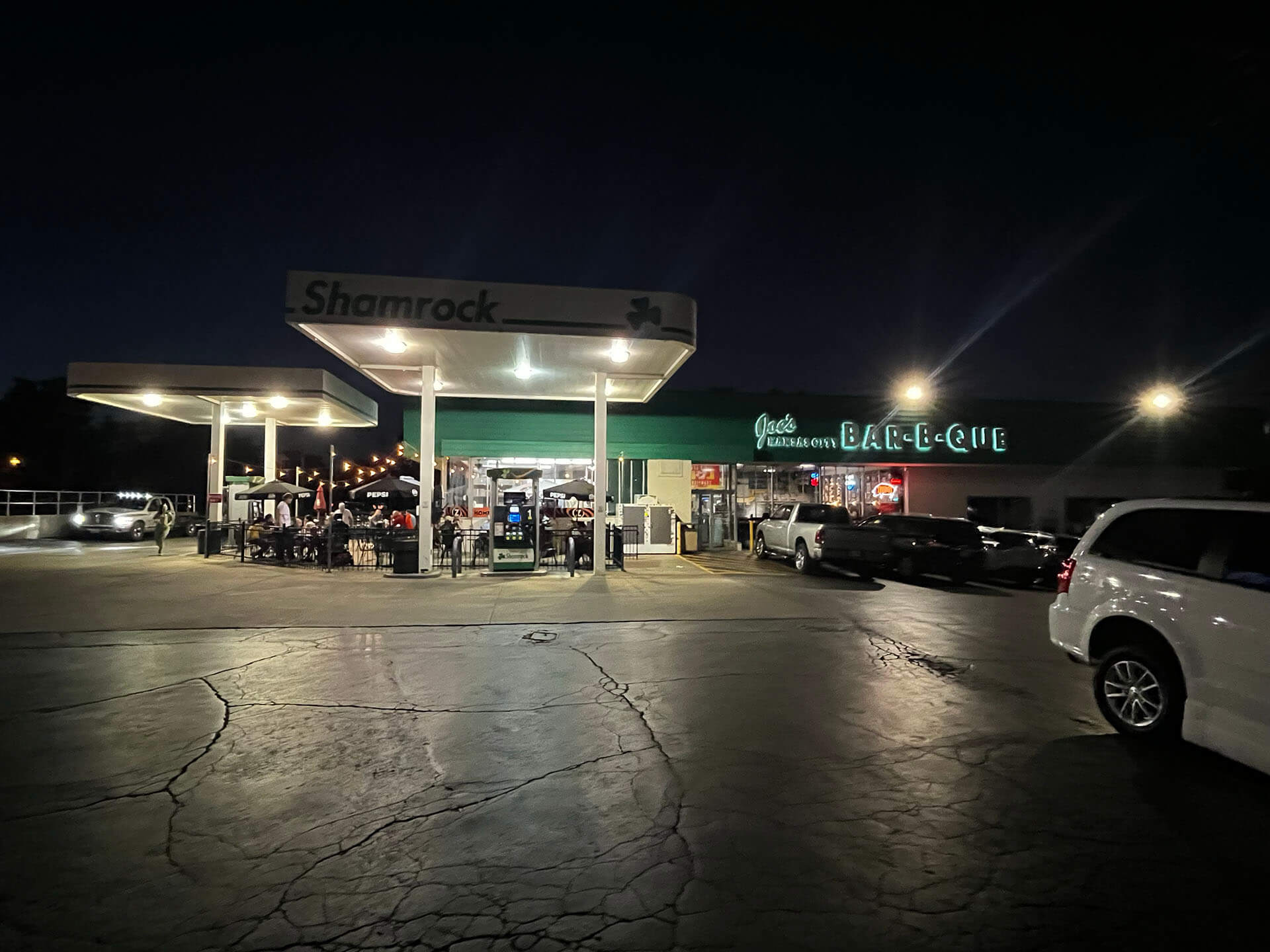Warning Signs (and Chinatown Lunches)
Though we’re in just the second full week of widespread closures and the vast majority of people acclimating to working from home, Graffito did have an awareness that something like this may have been coming. This was not because of our above average predictive awareness, but simply a by-product of our office location in Boston. Both our leasing and our advisory work takes us all over the metro Boston region and beyond, but Graffito’s home base is in the Leather District. Our pride in the neighborhood even motivated our decision to include “Leather District” on our business cards. For those less familiar, that geography puts us just south of the Financial District, next to South Station, sandwiched between the rail and highway infrastructure to the east and Chinatown to the west.
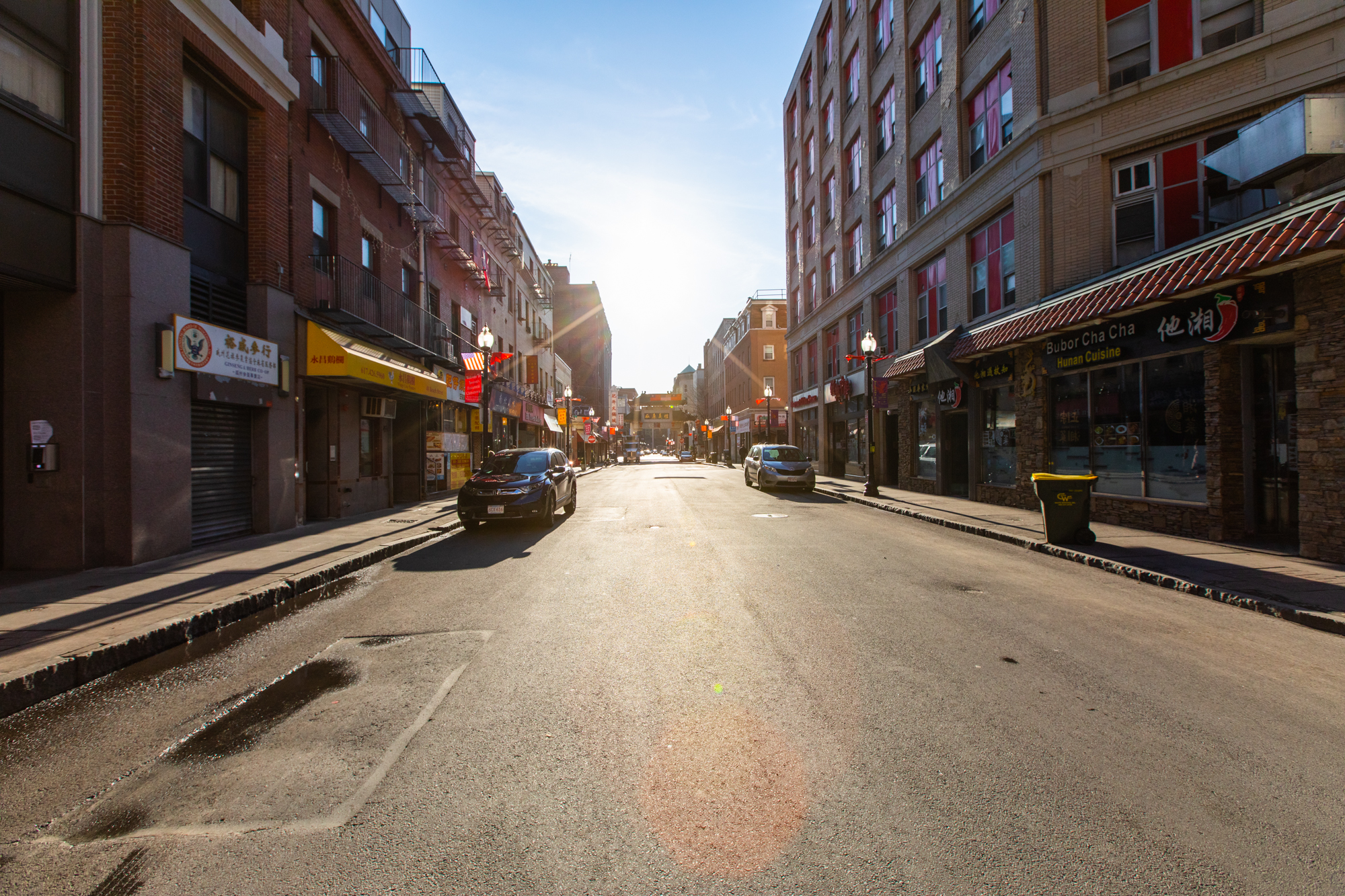
The proximity to Chinatown is most salient, giving us a front row seat and heightened awareness that something was more than a little amiss. In early February, the news articles started to appear with reports that business in Chinatown was down 50-70%. The Graffito team was already aware – some of us had been in touch with a few of the Chinatown restaurants, but it was noticeable, palpable even as you walked around. Though you were no more likely to be exposed to coronavirus in Chinatown than anywhere else, people were aggressively staying away. Our response was to do what we could while Chinatown restaurants were still open. Our weekly team meeting is on Mondays, always with the requisite “research” lunch. For many weeks running we ate out or ordered in exclusively from our Chinatown favorites. Pretty quickly, I was eating lunch there the rest of the week, as well as dinners (takeout or date night with my husband), and even for the occasional char siu bao snack or bubble tea. The last couple of weeks in February I ate or took out from Gourmet Dumpling House, Hei La Moon, Tora, Shojo, BLR, Kaze Shabu Shabu, Gene’s Flatbread Noodles, and had many banh mi from Mei Sum Bakery.
The reality is these businesses operate in a part of the city already incredibly vulnerable to a variety of pressures. Chinatown is one of Boston’s urban neighborhoods whose fragility is most acute. Like other ethnic neighborhoods in the city, Chinatown has a naturally-occuring high percentage of locally-owned businesses. There’s understandable despair, panic, and a call to action now that restaurants and retail businesses across the city and country are hanging on by a thread, but remember that there is a pocket of Boston that has been feeling the pain for close to two months already. And while there are endless panels, articles, and efforts on “placemaking,” don’t forget the well-established and bona fide places that already exist, places like Chinatown that are now at risk of not returning to the time before coronavirus. Not next week, not in a few months, not ever. Independent of coronavirus, I already lament the loss of the grit and authenticity of some of these neighborhoods and their businesses. Many have assailed the incremental chipping away of the neighborhood fabric of Chinatown. I hope this is not the knockout punch.
